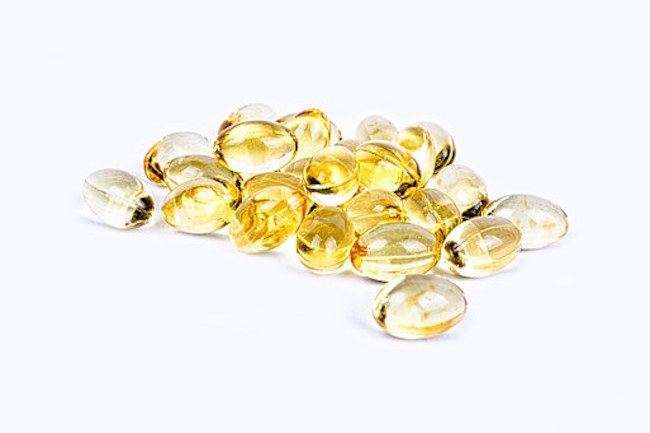Low Levels of Vitamins B12 and D Linked to Depression by Dr. Joseph Mercola for Mercola
Asymptomatic spread of coronavirus is headline news around the world, as countries increase their testing and find out that, in many places, the majority — 78% in the United Kingdom — of those testing positive for the virus have no symptoms.
While some may later develop symptoms, BBC News said “this hammers home the role of people who aren’t aware they’re carrying the virus in spreading it onwards.” BBC also noted that “health and social care staff appeared to be more likely to test positive.”
This week from July 6 to 12, Mercola.com highlights Fluoride Awareness Week by raising public awareness on fluoride – its sources, toxicity and impact to your overall health and well-being.
Up to 2.5% of children and 8.3% of adolescents suffer from depression, a condition that’s associated with significant complications later in life, including an increased risk of suicide, substance abuse, physical diseases and problems with work, academic and psychosocial functioning.1
It’s believed that both genetic and environmental factors play a role in why some children develop depression, and increasing attention has been placed on the role of dietary factors and nutrients such as vitamin D, which is ideally obtained via sun exposure.
Further, one-carbon metabolism, which includes vitamin B12, folate and homocysteine and which plays a role in many biological processes and maintaining cellular homeostasis, has been investigated for its role in psychiatric disorders, including depression in adults.2
After exploring the link further, researchers from Ordu University in Turkey revealed that low vitamin B12 and vitamin D levels, along with increased homocysteine, may play a role in depression among children and adolescents.3
Childhood Depression Linked to Low Vitamin B12, Maybe Folate
The study involved 89 children and adolescents with depression, along with 43 subjects without depression to serve as controls. The volunteers completed testing for childhood depression and anxiety and had their levels of folate, vitamin B12, homocysteine and vitamin D measured.
While there was no significant difference in folate levels between the groups, 11.23% of those with depression had low levels of folate. Further, among the depression group vitamin B12 and vitamin D levels were “clearly low.” As for how this might contribute to depression, the researchers explained:4
“One-carbon metabolism has a basic role in methylation processes of neurotransmitters, proteins, and membrane phospholipids. Additionally, it is necessary for DNA synthesis.
With vitamin B12 and folate deficiency, methylation processes are hindered and neurotransmitter levels fall. Also linked to vitamin B12 and folate deficiency, there is an increase in the levels of the extremely neurotoxic metabolite of homocysteine.”
Both vitamin B12 and folate have previously been described as antidepressant nutrients.5 Folate, found in dark leafy greens like spinach, avocados and other fresh vegetables, is involved in your body’s production of mood-regulating neurotransmitters. In one study, people who consumed the most folate had a lower risk of depression than those who ate the least.6




